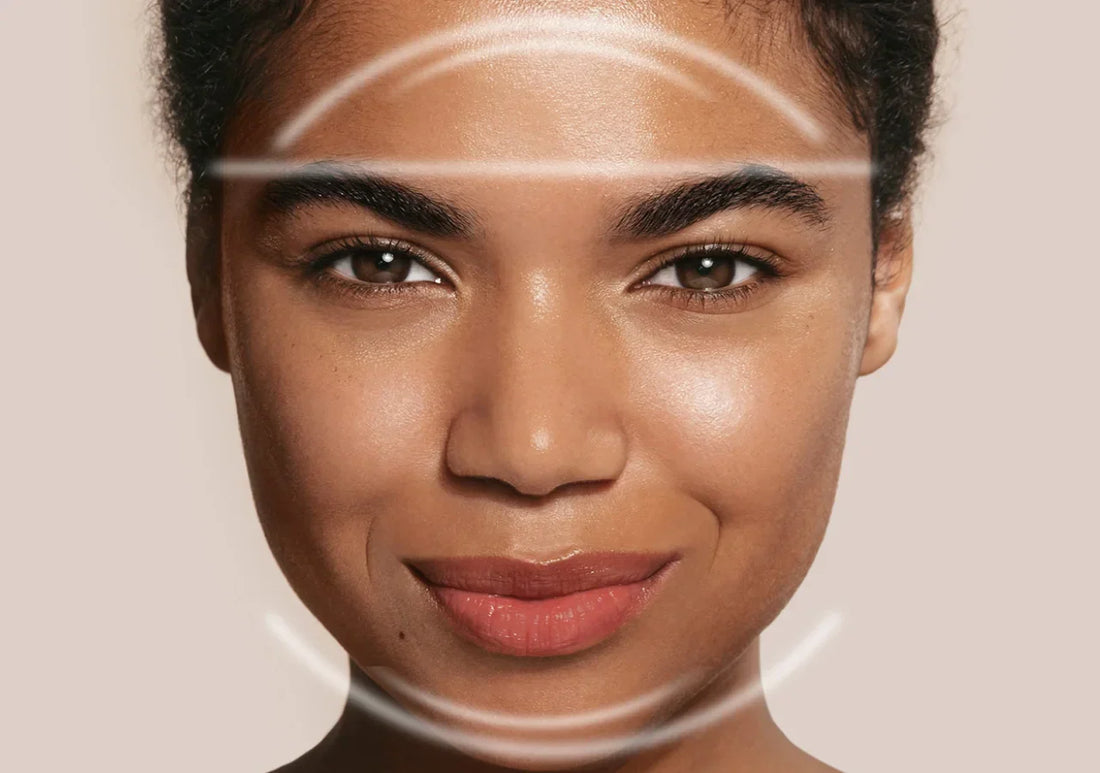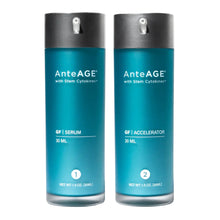What Makes Medical Grade Skincare Worth It? A Guide to Effective, Evidence-Based Ingredients
In the ever-growing world of skincare, the term medical grade skincare often stands out—but what does it really mean, and is it worth the investment?
While some might assume it’s simply a marketing term, medical-grade skincare refers to a class of high-performance products formulated with clinically studied ingredients and trusted by professionals.

In the ever-growing world of skincare, the term medical grade skincare often stands out—but what does it really mean, and is it worth the investment?
While some might assume it’s simply a marketing term, medical-grade skincare refers to a class of high-performance products formulated with clinically studied ingredients and trusted by professionals. These are the products you’ll often find in dermatology clinics, medspas, or trusted retailers like Dermacart, known for curating the best in advanced skin care and dermatology.
In this guide, we’ll explore how medical grade skincare differs from standard over-the-counter (OTC) options, why it’s trusted by professionals, and which ingredients actually make a difference in your skin’s health and appearance.
What Is Medical Grade Skincare?
Although “medical grade” is not regulated by Health Canada or the FDA, the term generally refers to products that are:
-
Formulated with high concentrations of active ingredients
-
Supported by clinical research or dermatological testing
-
Designed to penetrate deeper into the skin
-
Often dispensed through medical professionals or trusted skincare platforms
Unlike typical drugstore products that focus on surface-level hydration or general maintenance, medical grade skincare aims to correct, prevent, or treat specific conditions—like acne, melasma, aging, or sensitivity—through targeted, evidence-based ingredients.
At Dermacart, our curated range of professional skin care products includes trusted brands like SkinCeuticals and Colorescience, each selected for their proven performance and safety.
The Science Behind Medical Grade Products
So what really sets these products apart? It comes down to ingredient strength, formulation, and clinical validation.
Higher Active Concentrations
Medical-grade products contain higher concentrations of active ingredients like glycolic acid, retinol, and vitamin C. These levels are carefully balanced to ensure both safety and efficacy—offering stronger, more visible results than many standard products.
For example, an OTC vitamin C serum may contain 5–10% of L-ascorbic acid, while a professional product—such as those from Skinceuticals Canada—often includes 15–20% in a stabilized form, supported by peer-reviewed studies.
Clinically Researched Formulas
Unlike many commercial skincare lines, medical-grade brands often fund and publish clinical research. Products are tested in controlled studies to confirm claims around wrinkle reduction, improved hydration, or pigment fading.
As Allure notes, this type of testing helps back up performance with real science—not just marketing.
Key Ingredients That Deliver Results
The real magic of professional skincare lies in formulas that work, thanks to ingredients supported by dermatological research. Let’s take a closer look at a few of the most effective ones.
1. Retinoids (Retinol and Derivatives)
Retinoids are a gold-standard ingredient in both anti-aging and acne treatment. They increase cell turnover, reduce fine lines, and unclog pores. Professional products offer stabilized retinol in concentrations up to 1%, often in time-release formats that reduce irritation.
2. Glycolic Acid
This alpha hydroxy acid is one of the most studied exfoliants for resurfacing and brightening the skin. It improves texture, minimizes fine lines, and helps treat hyperpigmentation. Products from Dermacart’s glycolic acid collection are carefully formulated to deliver maximum exfoliation with minimal irritation.
3. Azelaic Acid
Originally prescribed for acne and rosacea, azelaic acid is a go-to for sensitive skin types. It helps reduce inflammation, fade pigmentation, and prevent breakouts. According to Healthline, it’s one of the most versatile and gentle treatment options available.
4. Vitamin C
Vitamin C is a powerful antioxidant that helps protect skin from environmental stress while brightening the complexion and fading dark spots. SkinCeuticals’ CE Ferulic serum, available through Skinceuticals Canada, is among the most researched vitamin C serums in the world, with proven clinical results.
5. Kojic Acid
Found in many brightening treatments, kojic acid helps suppress melanin production to reduce discoloration. It’s frequently used alongside other ingredients like arbutin, niacinamide, or glycolic acid in pigmentation-fighting regimens.
Why Dermatologists Prefer Medical Grade Skincare
It’s not just about the ingredient list—it’s also about how products are formulated, tested, and prescribed.
-
Formulation matters: Medical-grade products often use delivery systems (such as encapsulation) to help actives penetrate deeper into the skin for better results.
-
Less filler, more function: These products focus on performance. You won’t find as many fragrances, dyes, or superficial additives.
-
Trusted partnerships: Dermatologists and estheticians recommend these brands because they’ve seen the results firsthand in clinical and spa settings.
As the American Academy of Dermatology emphasizes, a consistent, professional skincare routine can improve skin appearance, reduce chronic issues, and support long-term skin health.
Ideal for Sensitive and Problematic Skin
Contrary to the assumption that stronger products mean more irritation, many medical-grade lines also offer sensitive skin care options. These products are formulated with ingredients like niacinamide, ceramides, and hyaluronic acid to support skin recovery and reduce redness.
For conditions like rosacea, post-procedure sensitivity, or hormonal acne, having access to professional skin treatment products backed by science can be transformative.
Better Long-Term Value
While medical-grade products often cost more upfront, they tend to offer better value over time. Here’s why:
-
Higher efficacy means fewer products needed
-
Smaller amounts go further thanks to potent formulas
-
Results may prevent the need for more expensive treatments later
For example, investing in a powerful antioxidant serum and sunscreen like those in the facial sunscreen collection can help prevent future pigmentation and sun damage—saving on corrective procedures down the line.
Who Should Use Medical Grade Skincare?
You don’t have to be under a dermatologist’s care to benefit from medical-grade products. You might consider upgrading if:
-
You have acne, melasma, rosacea, or mature skin
-
You’re starting to notice signs of aging
-
Your current products aren’t delivering noticeable results
-
You prefer step-by-step skincare routines based on real science
(Explore Dermacart’s skincare guide)
If you’re already using some over-the-counter products successfully, introducing one or two targeted medical-grade formulas—like a treatment serum or antioxidant—can enhance your routine without overwhelming your skin.
Final Thoughts
At its core, medical grade skincare is about quality, science, and results. These products are carefully formulated to deliver visible improvements in skin tone, texture, hydration, and clarity. By prioritizing active ingredients and using well-researched delivery systems, medical-grade brands offer a level of performance that many OTC lines simply can’t match.
If you’re ready to take your skincare routine to the next level, Dermacart’s curated collections of professional skin care products, serums, and dermatologist-loved treatments make it easy to start your journey toward healthier skin.
Explore the power of evidence-backed skincare.
Shop medical-grade skincare at Dermacart and find out why professionals and skin enthusiasts alike trust us for results you can see and feel.






